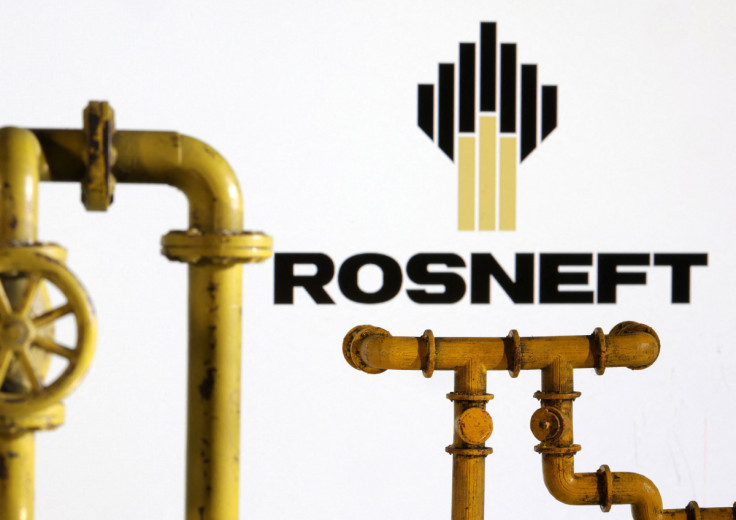Russia's Sechin Says Europe No Longer Sets Urals Price

Europe will no longer set the reference price for Russia's flagship Urals crude, Igor Sechin, the CEO of Russia's oil major Rosneft said on Monday, now Asia has emerged at the largest buyer of Russian oil since the West placed it under sanctions.
Around 70% of January-loading cargoes of Russian Urals oil is destined to India, according to traders' preliminary data and Reuters calculations. The country has been a leading buyer of the Russian grade for several months, filling the void left by European buyers.
At the same time, Russia has become the largest supplier of oil to India, replacing Iraq.
Speaking at an energy conference in India, Sechin, a long-standing ally of Russian President Vladimir Putin, said the Russian oil price would be established outside Europe.
"If Russian oil does not enter the European market, then there is no reference price. Reference prices will be formed where oil volumes actually go," said Sechin, who is also known as the "Russian oil tsar".
He also quoted from the Bible to underline his point.
"As it's scripted in Ecclesiastes: what is crooked cannot be straightened; what is lacking cannot be counted."
Since Russia invaded Ukraine almost a year ago, the West has progressively tightened sanctions on Russian oil.
In December, the Group of Seven, the European Union and Australia enforced a price cap on crude oil at $60 per barrel, aiming to reduce Moscow's ability to finance its military efforts in Ukraine and preserve stability on the global oil market.
The European Union has also banned purchases of Russian oil supplied in tankers by sea.
According to Russia's Finance Ministry, the average price of Russian Urals oil in January was $49.48 a barrel down 42% on January 2022.
The Russian government has debated how to calculate Russia's taxable oil price following the EU's import ban and the lack of a reliable price-making mechanism.
Moscow relies on income from oil and gas - last year around 11.6 trillion roubles ($165 billion) - to fund its budget spending, and has been forced to start selling international reserves to cover a deficit stretched by the cost of its military operation in Ukraine.
When asked if Russia will give an additional stake to ONGC Videsh or other Indian companies in its Sakhalin-1 project, Sechin told Reuters the decision to do so lay with the Russian government.
Russia last year approved the requests of ONGC Videsh, the overseas investment arm of state-run Oil and Natural Gas Corp (ONGC.NS), and Sakhalin Oil and Gas Development Co (SODECO), a consortium of Japanese firms, to retain their 20% and 30% stake respectively in the project.
© Copyright Thomson Reuters 2024. All rights reserved.





















